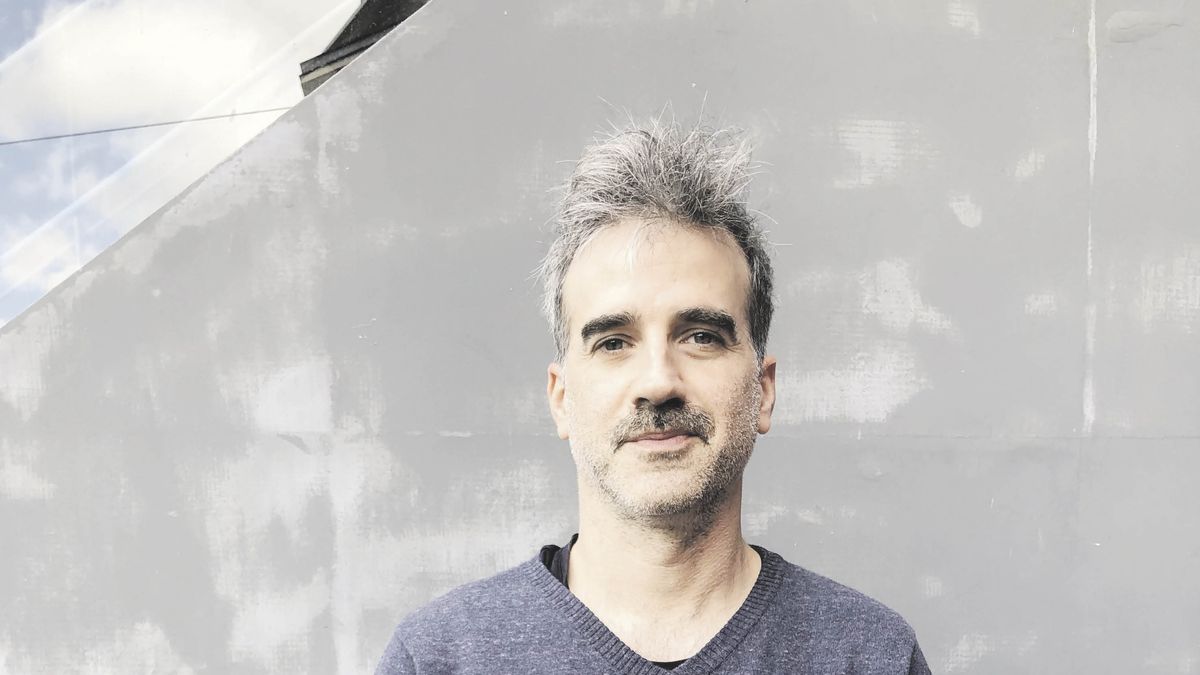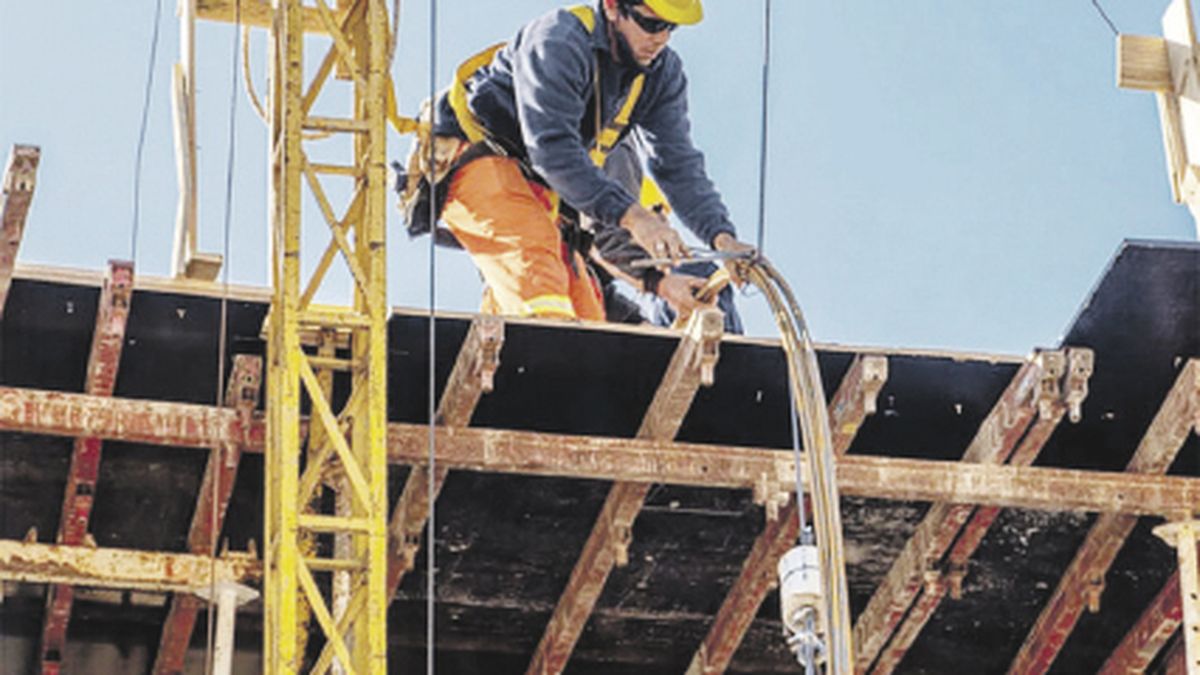Daniel Hendler: In the first reading, the author’s own and particular universe was already perceived, which implied a great challenge for the work with the actors and the staging. The most important thing about the work is what is not said. It takes place during the 70s, 80s and 90s and, although it is totally crossed by political contexts, politics is practically not talked about, it is not mentioned; in fact, one of her cousins is very explicit in her preference to avoid such sensitive topics and she repeats that it is in bad taste to talk about politics. There I recognized something that can identify anyone: the difficulty to talk about politics in certain areas, for example in the family. This division of views, so inflamed by the media, causes the perception of parallel realities, which seems to be an irreversible condition in our societies. In the work, the family seems to be seen through a magnifying glass that deforms these incompatible realities.
Q.: What is there in the work of dysfunctional families, so visited by the local theater in recent years?
DBD: I believe that this family, on the contrary, is functional. It works with an impossible configuration, but it insists. That’s where the questions arise. What is the family? Is it the one that touches us or the one we choose? Is it something closed? Which family deserves our loyalty? In the work, the family is an impossible unit, and its alleged operation within the margins of the mandate turns it into a pressure cooker, which finally explodes.
Q.: It is structured from three acts in three different times. How do you account for the passage of time and how is the transformation of these three cousins?
DBD: The three acts pose different universes and climates, and what I like the most is the difficulty of their gear. The passage of time is not illustrated or exposed too much, and we decided to enhance that timelessness, tell something that could be happening at any time and place, which has to do with these ghosts that run through the history of our region and that are repeated over and over again. again. The characters change in appearance but, deep down, they are more and more like themselves.
Q.: How is family related to food and cooking?
DBD: “You are what you eat,” says Amanda, one of the three cousins. They meet again through the years and diet is always a recurring theme, creating a constant tension between temptations and repressions. There is a lot of talk about food, recipes, ingredients; there is something plugged there, a past that cannot be digested, and that is expressed metaphorically through the culinary. The poison corrodes them from the inside, but they insist on surviving.
Q.: What differences do you find between working for an independent theater project and the field of series?
DBD: What they have in common is the collective character. I believe that the destiny of a project and how interesting each experience can be always has to do with the spirit of collaboration and the meeting of different perspectives. The languages, beyond what they have in common for being fictional narratives, bear little resemblance, and the forms of production even less so; in independent theater production is more traditional and profitability is always symbolic. The theater takes us out of the logic of hyperproductivity and invites us to retreat a bit, to dwell on little things, in order to investigate and experiment.
Q.: How do you see the performing arts and local fiction facing the platforms?
DBD: I am afraid of the algorithms with which the platforms work, which tend to leave out everything that does not belong to a genre or a clear label. It’s not that I don’t value genres, but the tendency to translate everything into tags or trends leaves out those intermediate or unexplored areas that are, ultimately, what is truly artistic. The looks of place, those that cannot be explained in a synopsis, are being left out of the production system because they are not easy to classify and, therefore, they are not easy to finance. Beyond this slightly pessimistic vision, I also see that a lot is being produced, and that is something to celebrate because it generates work and new proposals appear.
Q.: What are you filming? Projects?
DBD: Now I act in the series “Palermo Division”, a comedy created by Santiago Korovsky for Netflix and we are also programming new functions of “Influencers”, the play that we do with Leo Maslíah. And several films that I filmed in the last two years are released: “Pequeña Flor”, by Santiago Mitre, “Virus 32”, by Gustavo Hernández; “Lunatics”, by Martín Salinas; “Las fiestas”, by Ignacio Rogers and “El Sistema Cheops”, by Nicolás Goldbart.
Source: Ambito
David William is a talented author who has made a name for himself in the world of writing. He is a professional author who writes on a wide range of topics, from general interest to opinion news. David is currently working as a writer at 24 hours worlds where he brings his unique perspective and in-depth research to his articles, making them both informative and engaging.




